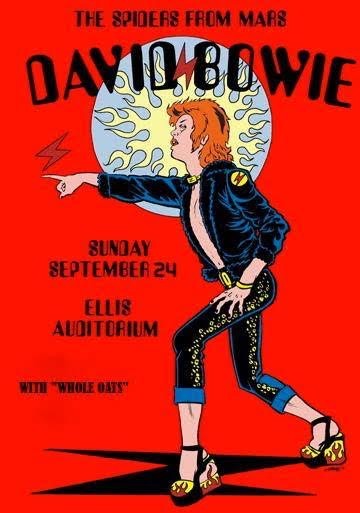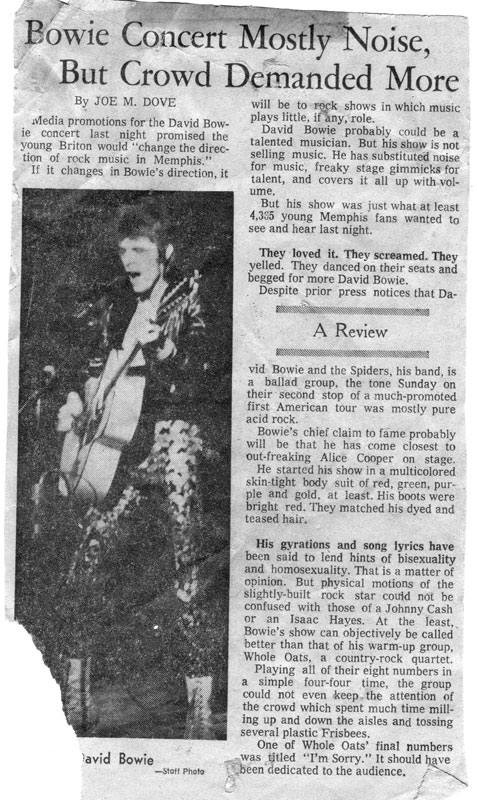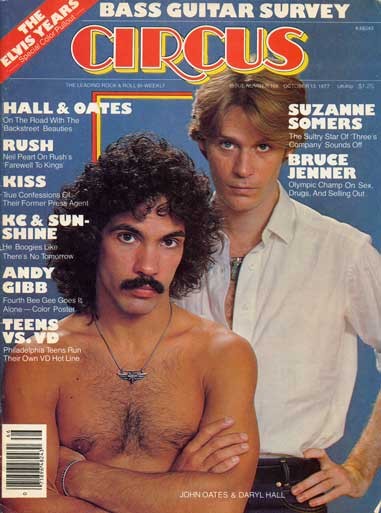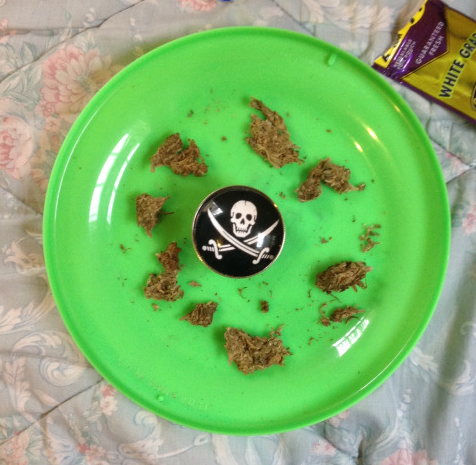Music Video Monday was saddened by the news last week that director Jonathan Demme passed away at age 72.

Jonathan Demme (1944-2017) with Denzel Washington on the set of Philadelphia.
Demme was a 22 year-old film publicist when he had a fateful run-in with Francois Truffaut, in which the legendary French New Wave director encouraged him to switch careers and go behind the camera. In 1971, he got a break from Roger Corman’s low-budget production unit to direct movies about bikers and women in prison (the infamous Caged Heat). Over the course of a 46-year career, he would become the first director to ever win Best Picture for a horror movie with Silence of the Lambs (which is also one of only three films to complete the Best Picture, Best Actor, and Best Actress trifecta.) His next film, Philadelphia, won Tom Hanks his first Best Actor Oscar.
Demme’s love for film was only equaled by his love for music. The movie that first brought him mainstream recognition was 1984’s Stop Making Sense, a documentary about the Talking Heads’ tour that today is recognized as the greatest concert film ever made. Unlike Woodstock, which split the focus between the multitude of performers on the stage and the cultural revolution going on in the crowd, Stop Making Sense is an intimate portrait of a band at work. In the film’s celebrated opening, David Byrne wanders out onto an incomplete stage and declares “I’ve got a tape I want to play.”
Music Video Monday Special Edition: Jonathan Demme (4)
The Talking Heads’ most famous song “Once In A Lifetime” was named as one of the most important musical works of the Twentieth Century by NPR and the Rock and Roll Hall of Fame. But upon its initial release in 1981, it baffled American audiences, and didn’t even crack the Billboard Hot 100. Byrne’s vocals were inspired by listening to AM radio preachers as the band toured America, and in Stop Making Sense, Demme expertly revealed the song’s origins. In a single, unbroken 4 minute 34 second shot, the camera starts out on keyboardist Bernie Worrell before panning down to Byrne, who sings in an ecstatic, Pentecostal trance. Then Demme cuts to a slightly different angle, revealing a five-shot of Byrne, Worrell, Jerry Harrison, Lynn Mabury, and Ednah Holt arranged against black like a Caravaggio portrait. In all, there are four shots in five and a half minutes. No other moment in his storied career reveal Demme’s deft touch, his loving fascination with the human form, and his unerring instinct for marrying music and image. It was this performance, one of the greatest ever captured on film, that made “Once In A Lifetime” the classic it is today.
Music Video Monday Special Edition: Jonathan Demme (3)
in 1985, Demme directed two music videos. The first was for postpunk standard bearers New Order. Like Stop Making Sense, it concentrated on the process of musical creation, but instead of a thousand-seat theater in Los Angeles, the band is gathered in an anonymous studio recording “The Perfect Kiss” while only the director and the engineer looks on.
Music Video Monday Special Edition: Jonathan Demme (2)
Demme’s other 1985 video was “Sun City”. The fight against apartheid in South Africa was on top of the mind for many young people in the mid-80s, and E-Street Band guitarist Stephen Van Zandt helped organize an artist’s boycott of the South African resort Sun City. To call attention to the protest, he produced a star-studded song along the lines of “We Are The World”. Rarely heard these days, the hip hop inflected “Sun City” is clearly the best of the big benefit singles of the era, featuring verses from Run DMC, Grandmaster Flash, Afrikka Bambaataa, as well as Eddie Kendricks and David Ruffan from the Temptations, Hall and Oates, Lou Reed, Bob Dylan, and, of course, the ubiquitous Bono. Demme’s video is a great little slice of 80s analog video cheese.
Music Video Monday Special Edition: Jonathan Demme
Demme would continue to work with his favorite musicians throughout his career, including making three documentaries about Neil Young. His final film has a Memphis connection. Justin Timberlake + Tennessee Kids, a chronicle of the last night of the singer’s latest tour, earned a rare 100% Fresh on Rotten Tomatoes. It’s been a huge hit for Netflix, who produced it, and is currently for offer in its entirety on the streaming service. It’s a fitting epitaph for Demme, who, more than any other director of his or any other era, understood musicians and loved the music.
Music Video Monday Special Edition: Jonathan Demme (5)


 Ladies and gentlemen, Whole Oats!
Ladies and gentlemen, Whole Oats! 